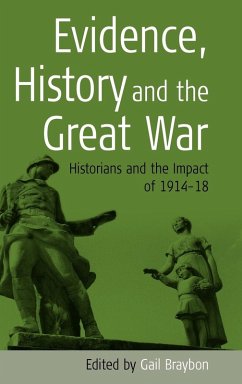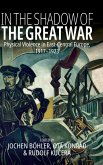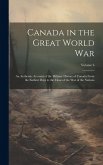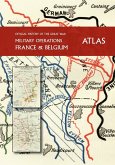In the English-speaking world the Great War maintains a tenacious grip on the public imagination, and also continues to draw historians to an event which has been interpreted variously as a symbol of modernity, the midwife to the twentieth century and an agent of social change. Although much 'common knowledge' about the war and its aftermath has included myth, simplification and generalisation, this has often been accepted uncritically by popular and academic writers alike. While Britain may have suffered a surfeit of war books, many telling much the same story, there is far less written about the impact of the Great War in other combatant nations. Its history was long suppressed in both fascist Italy and the communist Soviet Union: only recently have historians of Russia begun to examine a conflict which killed, maimed and displaced so many millions. Even in France and Germany the experience of 1914-18 has often been overshadowed by the Second World War. The war's social history is now ripe for reassessment and revision. The essays in this volume incorporate a European perspective, engage with the historiography of the war, and consider how the primary textural, oral and pictorial evidence has been used - or abused. Subjects include the politics of shellshock, the impact of war on women, the plight of refugees, food distribution in Berlin and portrait photography, all of which illuminate key debates in war history.
Hinweis: Dieser Artikel kann nur an eine deutsche Lieferadresse ausgeliefert werden.
Hinweis: Dieser Artikel kann nur an eine deutsche Lieferadresse ausgeliefert werden.








